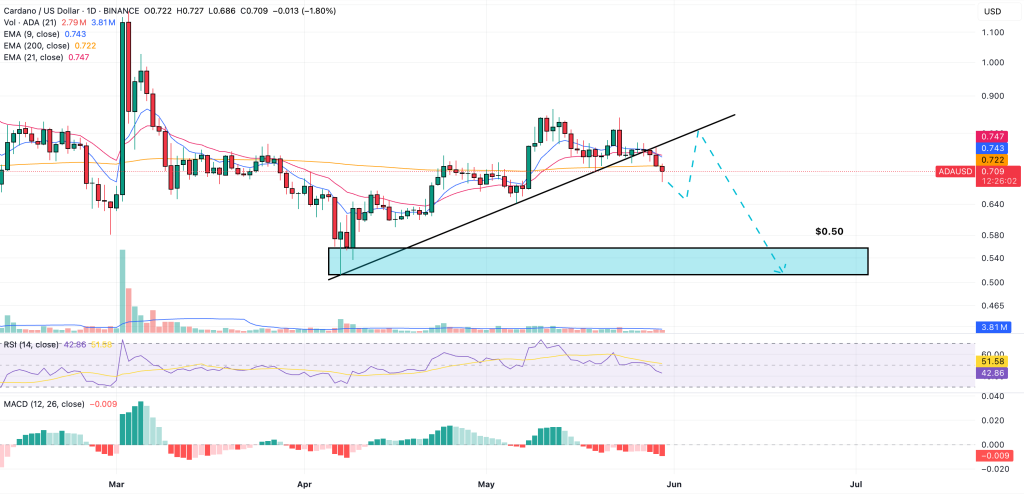Apple made Wall Street history as the first company with a market value over $3 trillion, the latest sign of big tech’s seemingly unstoppable dominance in equity markets.
The iPhone maker gained 2.3% on Friday, adding to a rally that’s added more than $983 billion to its size this year and leaving it roughly a half-trillion dollars above the next-largest company. Apple’s ascent to the milestone helped the Nasdaq 100 Index to its best-ever first half ever, driving a broader stock rally that underscored the dominance of tech megacaps
The rally has caught many strategists off guard, leading some to question its viability as the economy faces potentially more Federal Reserve interest-rate hikes. However, investors remain excited about the growth potential of artificial intelligence, and they have also gravitated toward the kind of quality factors that Apple has in spades, including a strong balance sheet, durable revenue streams, and a robust competitive position.
“The reason Apple has outperformed for more than a decade isn’t because investors are being foolhardy, but because it is executing on a business strategy that works, its earnings plan is working, and its lock on the consumer is only getting stronger,” said Jonathan Curtis, director of portfolio management for Franklin Equity Group.
“The balance sheet is phenomenal, it pays a dividend it can continue to grow, it has an active repurchasing program, and a consumer staples-esque platform business, all powered by a device people look at four hours a day,” Curtis said.
In a sign of Wall Street’s ongoing optimism about the stock, Citi on Thursday began coverage of Apple with a buy rating, writing that its ability to continue expanding margins was underappreciated. It sees additional upside of about 30% for the stock, a target that would take Apple close to a $4 trillion valuation.
The Trillion-Dollar Club
Apple first became the world’s most valuable stock in 2011, when its market cap was under $340 billion and it comprised about 3.3% of the S&P 500. Since then, it has rarely forfeit that title. It first reached $1 trillion in value in mid-2018, and it achieved a $2 trillion valuation in August 2020, making it the first US company to surpass that level, though Saudi Aramco was the first $2 trillion company overall.
The iPhone maker briefly rose above the $3 trillion level in early 2022, although it failed to close above it, and that peak marked the start of a downtrend that has now been fully erased.
Companies of this size are few and far between, and in the US the club is populated only by other megacap technology and internet stocks, including Alphabet Inc., Amazon.com Inc., and chipmaker Nvidia Corp., which became the first trillion-dollar chipmaker earlier this year. Microsoft Corp is the only other US stock with a valuation above $2 trillion.
While Apple is not the biggest gainer of the year — Nvidia, Meta Platforms Inc., and Tesla Inc. have more than doubled — its size gives it a massive influence over markets, accounting for 7.7% of the weight of the S&P 500 Index.
Still, the milestone doesn’t mean smooth sailing for Apple from here. The stock trades at about 30 times forward earnings, and while this is down from a 2020 peak above 35, it remains well above its 10-year average multiple of 17.9.
Despite Citi’s new bull call, analysts have been pulling back on the stock amid the year’s rally. Fewer than 70% of the firms tracked by Bloomberg recommend buying the stock, the lowest such ratio among the trillion-dollar stocks. Furthermore, its consensus rating — a proxy for its ratio of buy, hold, and sell ratings — is near its lowest since November 2020. A recent downgrade from UBS was the latest example of weaker sentiment.
Furthermore, Apple is above the average price target, suggesting analysts aren’t anticipating much in the way of additional gains from current levels.
Credit: Source link










